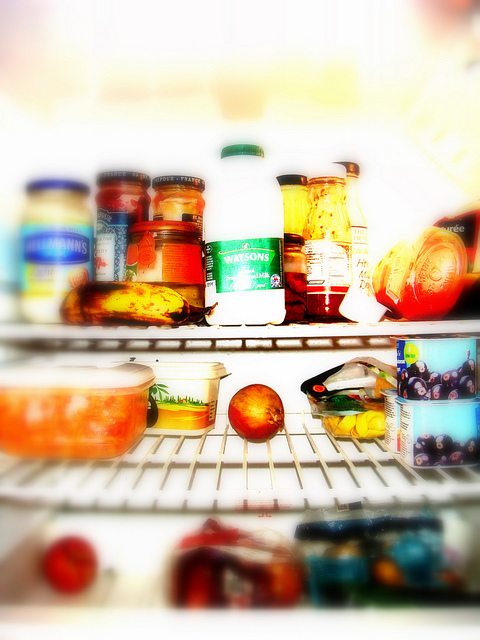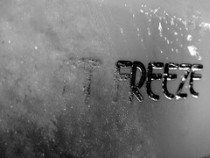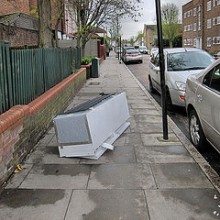Why does Your Fridge Freezer Blow the Fuse?
 Like all electrical appliances, your fridge is vulnerable to the whims of electricity. This means that you can occasionally expect your fridge freezer to blow its fuse. Your fridge’s fuse can blow due to any the following reasons:
Like all electrical appliances, your fridge is vulnerable to the whims of electricity. This means that you can occasionally expect your fridge freezer to blow its fuse. Your fridge’s fuse can blow due to any the following reasons:
- A power surge causes a temporary increase in the electricity travelling through the circuit. Some fuses are designed to withstand short bursts of high electricity, while others are not.
- Overtime, the fuse itself may simply weaken.
- Circuit overload caused by multiple appliances plugged into in the same power source. When the circuit draws too much power, the internal safety system in fuses breaks an internal wire to prevent overheating and possible fire.
Your fridge freezer should generally not cause the fuse to blow. If the fuse keeps going phut then the most likely explanation is a circuit overload.
Read these troubleshooting tips for blown fuses so you’re better informed when you call the technician.
1. The circuit load
A technician will check the AMP of the fuse connected to the fridge freezer’s circuit. The AMP rating signifies the amount of load that the circuit can handle. To calculate the actual load on the fuse, technicians have to measure the power drawn by all devices/ appliances connected to the fridge freezer circuit.
If the total power drawn by these individual devices exceeds the maximum load that the circuit can handle, relocate some of devices to another circuit to free up some load.
After relocating devices, keep the fridge unplugged for some time before switching it on again.
2. The electrical socket and power cord
If the above-mentioned process does not work, unplug the appliance and check the electrical socket and the power cord for any damage. An electrician can replace any damaged cords or wires.
Why does your fridge freezer blow bulbs?
The other part of your fridge that can blow is the bulb. The bulb can blow for several reasons, not least of which is faulty bulbs. Cheap bulbs don’t last as long as more expensive bulbs which are better quality. The elements in cheap bulbs are very thin, so any surge in power can make them blow. Even in the world of fridge freezer bulbs, you get what you pay for, so try to buy the best quality you can afford.
If the bulb wattage isn’t the type specified by fridge-freezer manufacturer for your model it could overload the electrical socket and blow the bulb. Always use the bulb specified in the owner’s manual and make note of the wattage.
Another possible cause may be found in the light socket. It may be that there’s an electrical short in the socket itself. The repair for this isn’t DIY as it requires expertise. It’s far better to contact an appliance repair specialist rather than trying to give it a go yourself. This is especially important if your fridge-freezer is still under warranty, since tampering with faulty parts could result in your warranty being voided.
If you need to replace the bulb, the first thing you need to do is switch off the power. Your owner’s manual should contain complete instructions on how to replace the bulb. Once you’ve replaced the bulb according to the instruction manual don’t forget to switch the power back on!
Please remember:
Appliances should be serviced regularly according to the manufacturer’s instructions found in the product manual. If you have a problem with an appliance, call an NICEIC or Gas-Safe registered appliance engineer to repair your appliance. Don’t forget that if your appliance is not working optimally, you should also have it serviced to prevent causing damage to the appliance.


